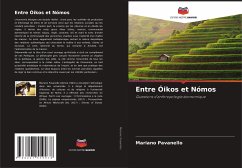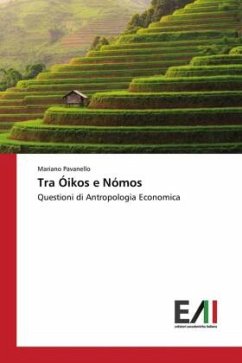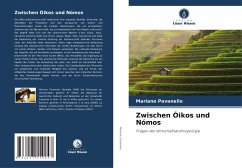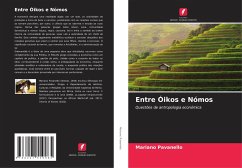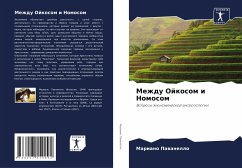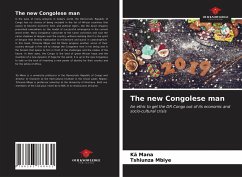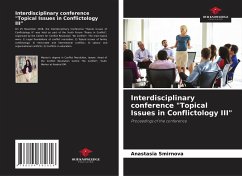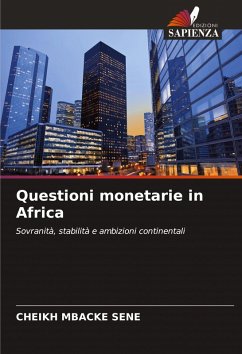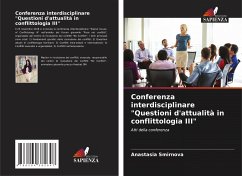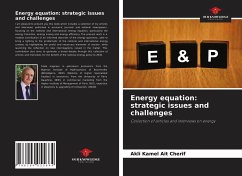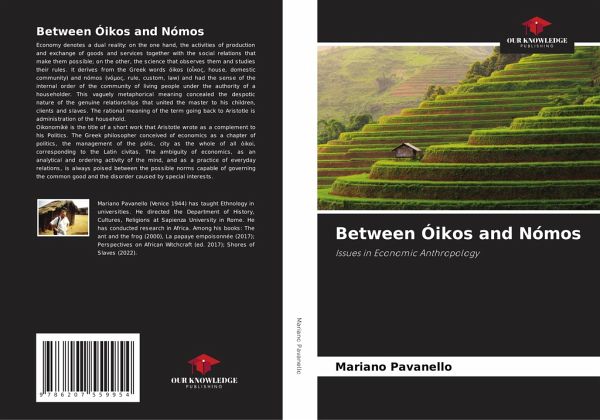
Between Óikos and Nómos
Issues in Economic Anthropology
Versandkostenfrei!
Versandfertig in 6-10 Tagen
43,99 €
inkl. MwSt.

PAYBACK Punkte
22 °P sammeln!
Economy denotes a dual reality: on the one hand, the activities of production and exchange of goods and services together with the social relations that make them possible; on the other, the science that observes them and studies their rules. It derives from the Greek words ikos ( , house, domestic community) and n mos (ni mi , rule, custom, law) and had the sense of the internal order of the community of living people under the authority of a householder. This vaguely metaphorical meaning concealed the despotic nature of the genuine relationships that united the master to his children, client...
Economy denotes a dual reality: on the one hand, the activities of production and exchange of goods and services together with the social relations that make them possible; on the other, the science that observes them and studies their rules. It derives from the Greek words ikos ( , house, domestic community) and n mos (ni mi , rule, custom, law) and had the sense of the internal order of the community of living people under the authority of a householder. This vaguely metaphorical meaning concealed the despotic nature of the genuine relationships that united the master to his children, clients and slaves. The rational meaning of the term going back to Aristotle is administration of the household.Oikonom kè is the title of a short work that Aristotle wrote as a complement to his Politics. The Greek philosopher conceived of economics as a chapter of politics, the management of the p lis, city as the whole of all ikoi, corresponding to the Latin civitas. The ambiguity of economics, as an analytical and ordering activity of the mind, and as a practice of everyday relations, is always poised between the possible norms capable of governing the common good and the disorder caused by special interests.





